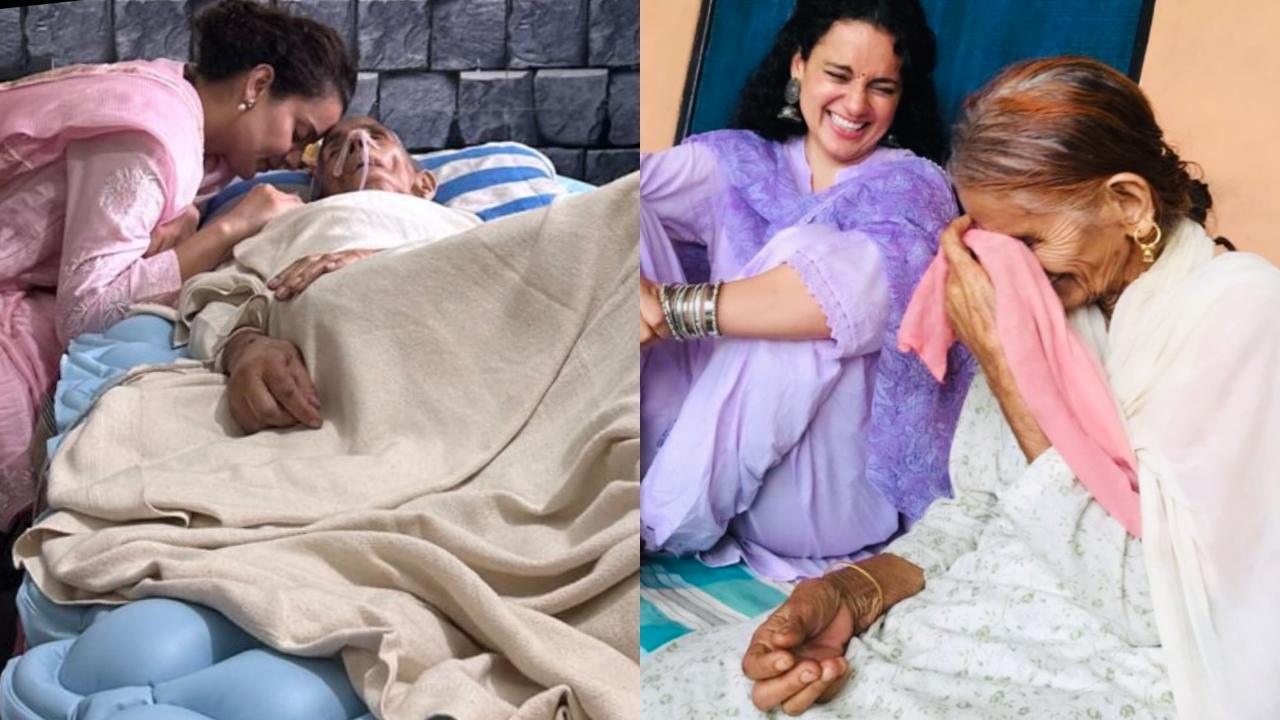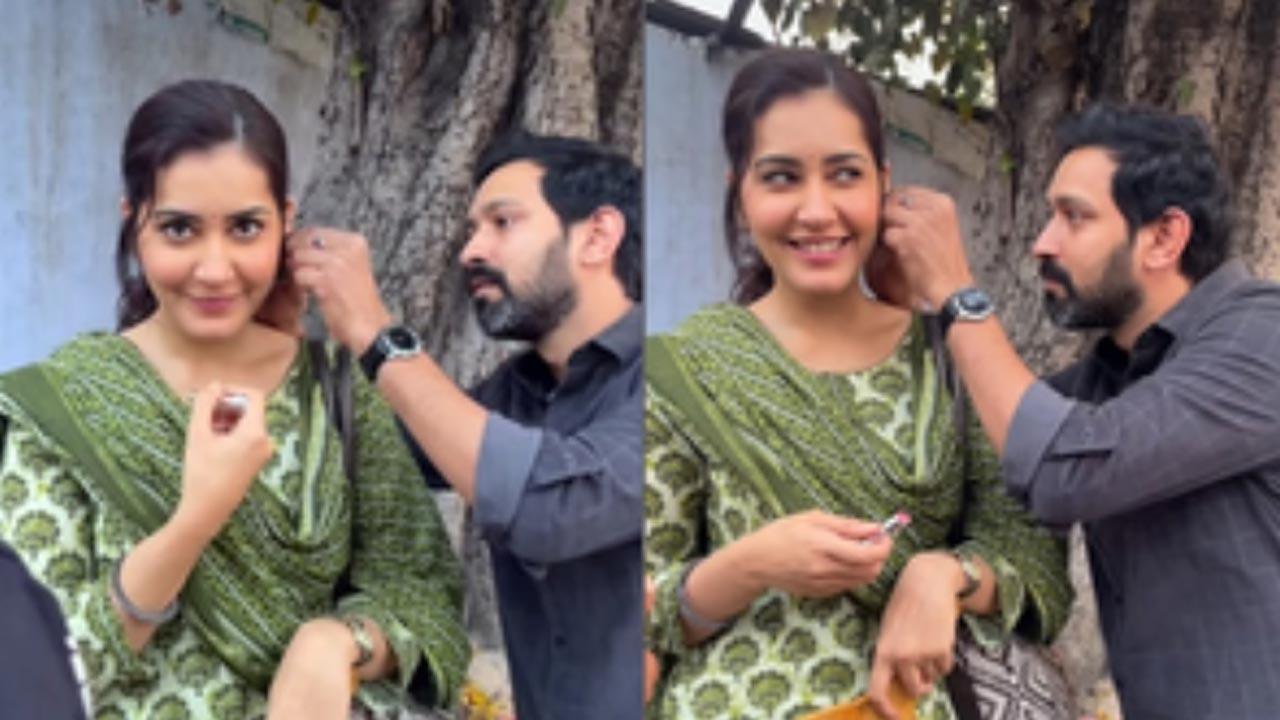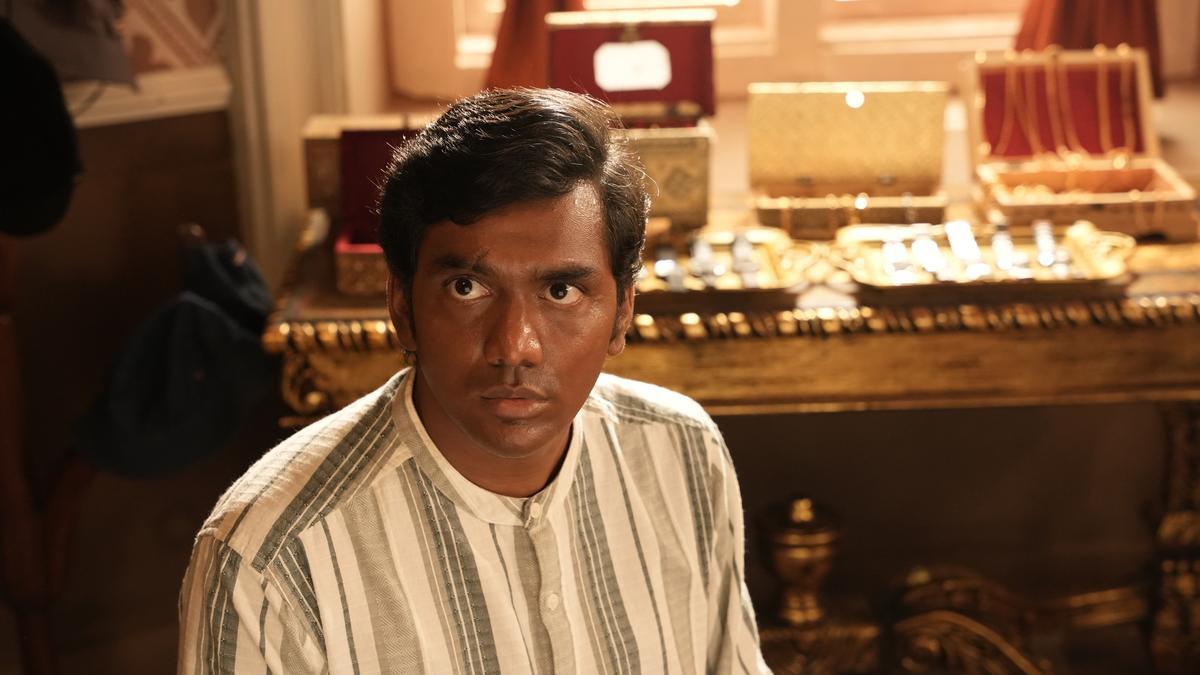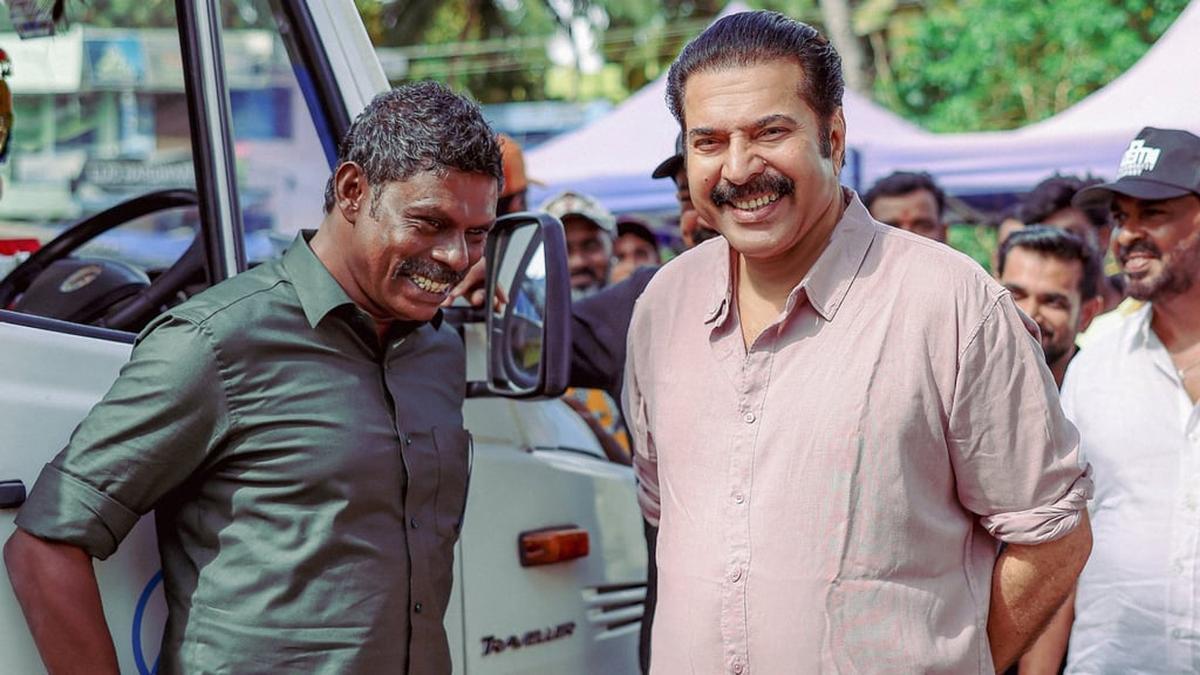
In a significant development for the Iranian film industry, the acclaimed filmmaker Asghar Farhadi has been officially cleared of accusations of copyright infringement by Iranian authorities. Farhadi, who has garnered international praise for his compelling narratives and profound humanistic storytelling, was embroiled in a legal tussle following claims by Azadeh Masihzadeh, a former student. Masihzadeh alleged that Farhadi’s 2021 cinematic piece, “A Hero,” illegally mirrored the concept of her documentary.
The aforementioned documentary, titled “All Winners, All Losers,” was a product of Farhadi’s very own filmmaking workshop and contained a story remarkably similar to that of “A Hero.” Both narratives centered on a convict who, while on leave from a debtors’ prison, faces an ethical crossroads after discovering a bag of gold coins. This plot, taken from the real-life struggles of an inmate, became the focal point of the dispute.
In response to these serious allegations, a panel consisting of three authoritative professors expert in copyright law and affiliated with Tehran University, alongside four distinguished art experts, formed to rigorously investigate the matter. This assembly meticulously scrutinized the evidence presented, diving deep into the aspects of both the film and documentary, to arrive at an objective conclusion regarding the authenticity of Farhadi’s work.
After a thorough and detailed review, the panel unanimously concluded that Masihzadeh’s claims of infringement did not hold merit. The crux of their determination rested on the foundation that the events Masihzadeh documented were not singular to her production. Rather, they were derived from events captured extensively by the media and, thus, were accessible to the public domain.
Moreover, the examinations revealed that Farhadi’s interpretation in “A Hero” was influenced by a broader canvas—encompassing a myriad of real-life instances, media narratives, as well as the educational context of the workshop where the original documentary was conceived. The committee affirmed that although there were overlapping thematic elements, significant distinctions were evident when juxtaposing “A Hero” against both Masihzadeh’s work and the actual incidents.
The verdict delivered a resounding message on the nature of storytelling and the delineation of copyright law. It underscored that retelling publicly known occurrences does not confer an individual with exclusive ownership, thereby negating the premise of Masihzadeh’s argument.
In the aftermath of this rigorous legal examination, Farhadi has been exculpated from the charges of plagiarism, a verdict that unequivocally endorses his creative license and his reputation as a storyteller. This resolution has been welcomed by cinephiles and members of the global film community, who regard Farhadi as an emblematic figure in world cinema known for crafting profound narratives that transcend cultural barriers.
As “A Hero” continues to receive accolades and garners continued interest in international film circles, Farhadi can now proceed in his artistic journey unencumbered by legal contention. The ruling allows “A Hero” to persist in its cinematic voyage as a work celebrated for its distinctive narrative, free from the shadow of litigation that had briefly threatened to obscure its acclaim.
Iranian authorities’ vindication of Farhadi serves not only as a testament to the director’s credibility but also affirms the nuanced complexities inherent in copyright laws as they pertain to the fluid and shared domain of creative storytelling. Farhadi’s case is poised to set a precedent for how similar disputes might be adjudicated within the Iranian artistic milieu and perhaps, in the broader international creative community.










